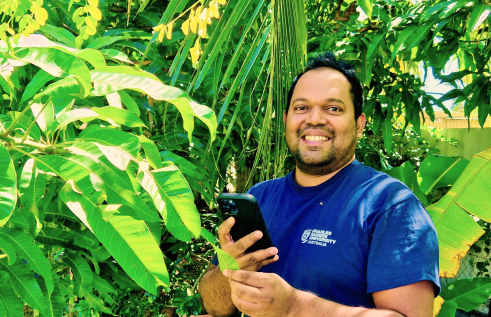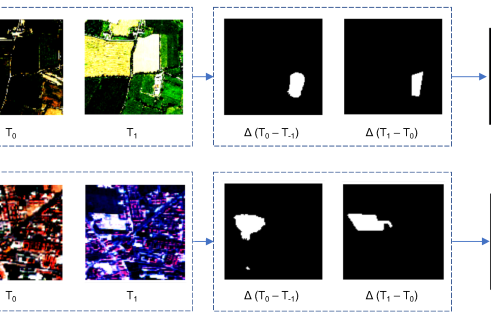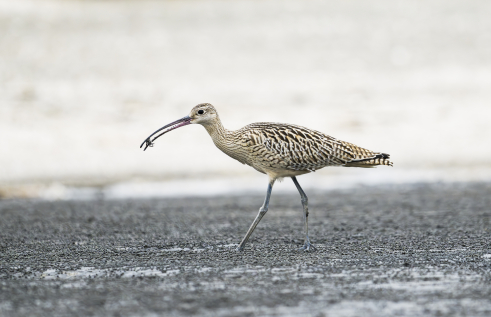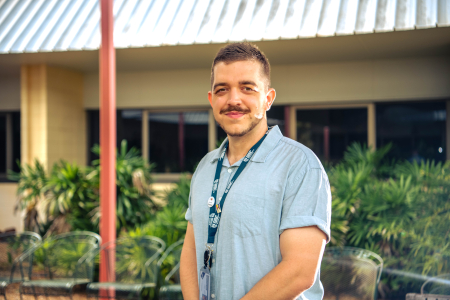News
CDU receives funds to survey people in the NT on their experience with gambling
A new Charles Darwin University (CDU) survey will seek to obtain an accurate snapshot of the experience of gambling in the Northern Territory.
CDU and independent behavioural scientists, who specialise in understanding bad habits, received almost $750,000 last month from the NT Community Benefit Fund to survey gambling patterns.
The survey, which helps inform problem gambling reduction strategies for governments, support networks, and gambling companies, is conducted every three-to-five years in each state and territory in Australia.
The last NT survey into gambling habits in 2018 revealed that the Territory had the highest rate of problem gambling in Australia at 1.4%.
The rates are even worse with First Nations gamblers, with one in 20 identified as having a gambling problem.
CDU Lecturer in Psychology Dr Kim Caudwell said the survey is essential to address problem gambling in the NT.
“Gambling is a popular pastime for many Territorians, but for some people in the community, it can cause problems,” Dr Caudwell said.
“This survey will give us an indication of how we are faring with problem gambling, and how previous strategies to reduce problem gambling might be working.”
Minister for Racing, Gaming and Licencing Chansey Paech said the Territory Government takes gambling related harm very seriously.
“Research projects help to inform Territory gambling policies and frameworks, including providing guidance on best practice policies and processes that are in line with community expectations,” he said.
“I welcome this latest survey into Territorians’ gambling habits, and I know Charles Darwin University will provide us with valuable insight into the effectiveness of our existing harm reduction strategies.”
Dr Caudwell said about 5000 people would be surveyed through telephone interviews.
“We know that problem gamblers are more attracted to certain gambling products,” Dr Caudwell said.
“While there are efforts to address problem gambling, we expect some patterns will have shifted since 2018 because of the pandemic and increased interest in online betting, particularly on sports.”
Dr Caudwell leads a team of researchers at Charles Darwin University that study ‘bad’ habits or addictive behaviours, such as the use of alcohol, tobacco, as well as problem gambling.
Behavioural Addictions, Alcohol and Drugs (BAAD) is a team of behavioural scientists and psychologists at CDU who are interest in these risky and often harmful behaviours.
“Plenty of people understand that engaging in certain behaviours is bad for their health and wellbeing, like drinking or smoking” Dr Caudwell said.
“Even then, we persist in doing these things despite what we know. Similarly, we know what’s good for us, but that does not make it easy to change our behaviour for the better,” he said. “That’s where psychology can really help.”
BAAD expects to complete the survey before the end of 2023.
Related Articles

Rooting out plant diseases: Are computers ready to run our farms?
Nature is still too complex for artificial intelligence (AI) modelling to be effective, but the tipping point is close, according to a new study that found the technology may still trip at the last real-world hurdle.
Read more about Rooting out plant diseases: Are computers ready to run our farms?
Tech on the treetops: How AI can protect forests
The Artificial Intelligence model was developed to detect changes in forest cover.
Read more about Tech on the treetops: How AI can protect forests
Volunteers protected Darwin wildlife for 50+ years, but new research suggests it’s time to stop winging conservation efforts
Volunteers have shouldered the burden of shorebird conservation in the Top End for more than half a century, but new research from Charles Darwin University (CDU) suggests it’s time for the government to take responsibility for all of the Northern Territory’s residents – including those with wings.
Read more about Volunteers protected Darwin wildlife for 50+ years, but new research suggests it’s time to stop winging conservation efforts
